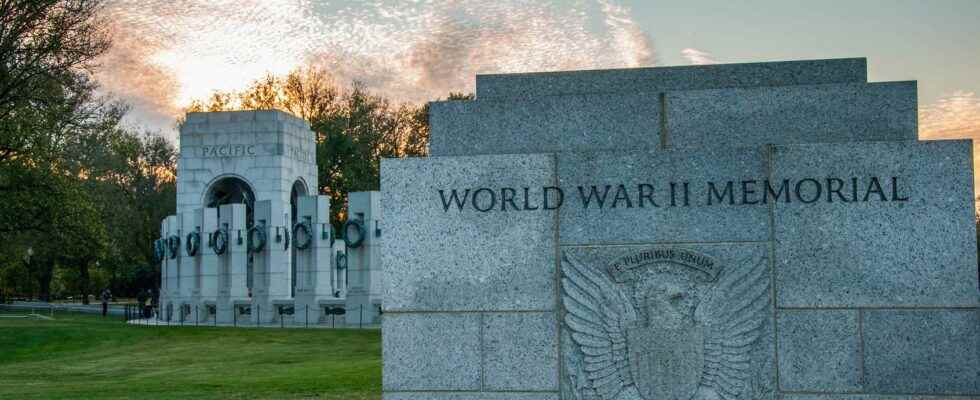In 1945, the Second World War ended. With 62 million dead (soldiers and civilians), the conflict was the deadliest and most destructive in all of human history. But does the end of the war mean the end of the fighting?
You will also be interested
Two powers emerged, the United States and the USSR, paving the way for cold War. Europe, largely destroyed, is on its knees, and its colonial empires are crumbling. Finally, one of the consequences of the Second World War is the holding of trials subject to international law thanks to theemergence of ONU.
The emergence of the American and Soviet hyperpowers
The USSR and the United States entered the war late, on June 22 and December 7, 1941 respectively. But it was thanks to their military aid that the Allies won the war by annihilating Germany, Italy and Japan. They are the ones who liberated Europe. Officially, the United States, theUSSR, Great Britain, France and China are the winners of the Second World War. In fact, only the first two countries exercise authority. During the Yalta conference in 1945, it was Roosevelt and Stalin who discussed the future of the borders of European countries.
Europe on its knees
After the 39-45 war, Europe was divided in two. In the West, the countries accept the Marshall Plan and line up behind the protection of the United States. In the east, the Soviet Union infiltrates the governments of the countries liberated from the Nazi yoke to make them satellite countries subject to the decisions of Moscow. The two blocks share theGermany. Because of their participation in the war, the colonized countries, in particular by France and Great Britain, claim their independence. India became one in 1947.Indochina went to war against France at the end of the Second World War, and obtained independence in 1953. The end of the war marked the beginning of the disappearance of the European colonial empires.
Criminals subject to international law
The League of Nations gives way to the United Nations (UN). Unlike its predecessor, the UN has real power. The International Military Tribunal of Nürnberg instructed a trial against 24 Nazi dignitaries for war crimes and crimes against humanity, from November to October 1945. For the first time, war officials were brought before an international tribunal to answer for their actions.
Namely: the Second World War is the first ideological war, hence the creation of the notion of crime against humanity to judge the Nazi dignitaries.
Interested in what you just read?
